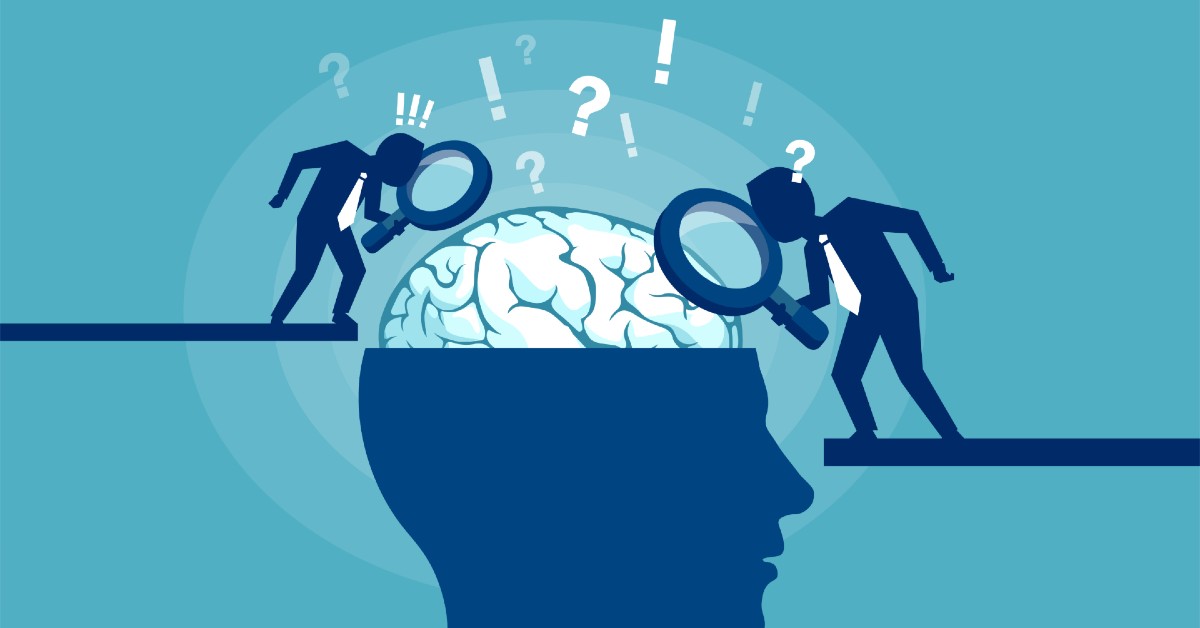
Fact: May is American Stroke Month.
Fact: There are a lot of myths about stroke.
Fact: We’re here to dispel some of those myths.
Myth: A stroke affects the heart.
Fact: A stroke affects the brain. Stroke occurs when blood flow to the brain is interrupted, often by a blood clot. Without oxygen-rich blood, brain cells die.
Myth: Strokes are rare.
Fact: Strokes are common. There are as many strokes as heart attacks in the U.S. every year. Strokes are the fifth-leading cause of death in the U.S.
Myth: Strokes can’t be prevented.
Fact: Up to 80 percent of first-time strokes can be prevented. Eat right, be physically active, don’t smoke and control your weight, cholesterol, blood pressure and blood sugar.
Myth: Strokes can’t be treated.
Fact: Immediate emergency treatment is the best way to treat strokes.
Myth: Stroke symptoms – face drooping, loss of vision, arm weakness, slurred speech or difficulty speaking – go on for a long time.
Fact: Stroke symptoms can come and go in a minute.
Myth: If stroke symptoms go away, you don’t need to see a doctor.
Fact: If you have any stroke symptoms, you need to see a doctor immediately.
Myth: Only elderly people have strokes.
Fact: Anyone of any age – even children – can have strokes. Roughly 10 percent of all strokes occur in people ages 18 to 50.
Myth: Women don’t have strokes.
Fact: Women have more strokes than men, in part because women live longer.
Myth: Strokes don’t run in families.
Fact: A family history of stroke increases your chance of having one.
Myth: Stroke risk is based solely on family history and genetics.
Fact: Wellness and lifestyle choices – most significantly smoking and high blood pressure – are risk factors for strokes.
Myth: It takes a few months to recover from a stroke.
Fact: Recovering from a stroke can take a lifetime. Stroke is a leading cause of long-term disability.
Myth: A stroke will leave you permanently disabled.
Fact: With immediate care, disabilities caused by a stroke can be reversed or minimized. After a stroke, rehabilitation helps build strength, capabilities and confidence, and can lead to regained skills and a return to independent living.
Myth: You can get good stroke care anywhere.
Fact: Aurora BayCare Medical Center in Green Bay was the first certified Comprehensive Stroke Center in northeastern Wisconsin and Upper Michigan. That certification recognizes the most advanced stroke treatment available and the center’s ability to provide the highest level of care for stroke patients.